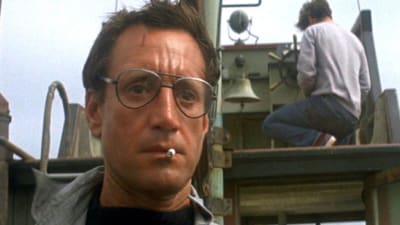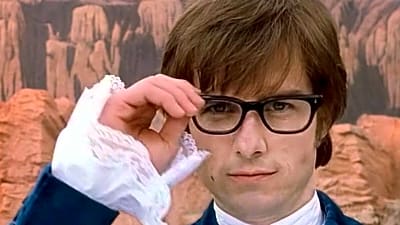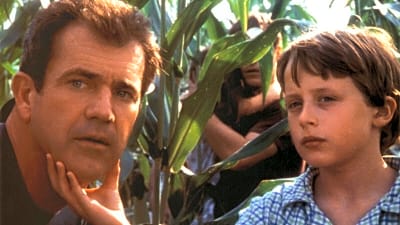Now and then, a movie comes along and gets right under your skin. It does so effortlessly, creeps in silently, and sinks into your consciousness without you realizing, making you forget you're in the real world.
The best movies do this. They don't hit you over the head with their messaging. They are uncomplicated in delivery. They are human. Joker: Folie à Deux so desperately wants to be this type of film that it instead becomes the textbook for its antithesis, and no amount of desperation to claw back some salvation through Lawrence Sher's cinematography can rescue it.
In Todd Phillips' expensive sequel, we have the displeasure of meeting once more with Arthur Fleck, who is now institutionalized and awaiting trial. When Harvey Dent decides the punishment must be death, the rest of the film plays out like a bizarre fever dream courtroom drama that you ache to be free from.
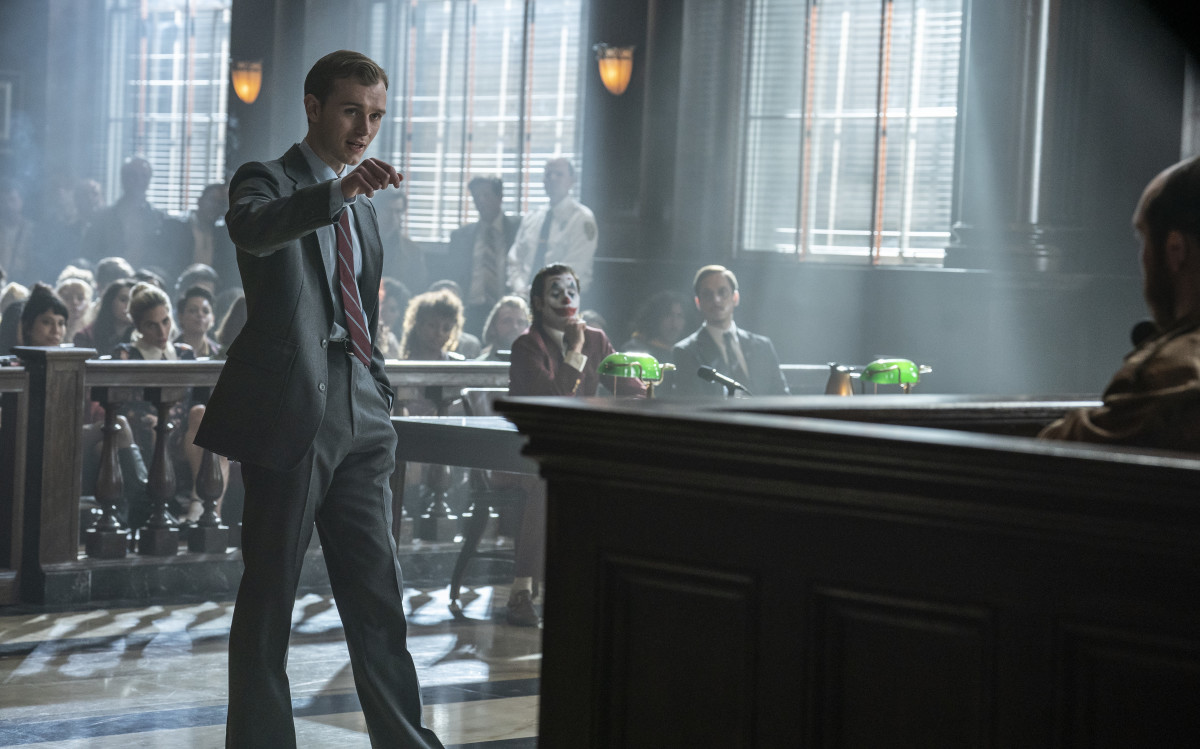
There's hope in the first ten minutes that Todd Phillips may have learned from his mistakes in Joker that to make a statement, you actually have to stand for something, but all that gets washed away by the same cheap tactics.
So much is wrong with Joker: Folie à Deux that it's hard to know where to begin, but we can start with Phillips' obsession with rejecting that his film is a musical. He might be right. In fact, it's so scared of its musical elements that they ultimately become the worst part of the film.
After an hour, every time a jingle of music chimes in, you have to take a deep sigh because you're about to embark on another two-minute drudge through a melodramatic ballad that has nothing to do with what's happening in the scene to the tune of both Phoenix and Gaga trying to sound like they have no skill as singers.
It is so very odd that Phillips struck gold with two lead actors Oscar-nominated for their appearance in musical movies and decided to waste their talent by insulting the medium, particularly in the case of Lady Gaga, whose character of Lee Quinzel is so underwritten and poorly crafted that it's a mystery why she said yes to the role at all.
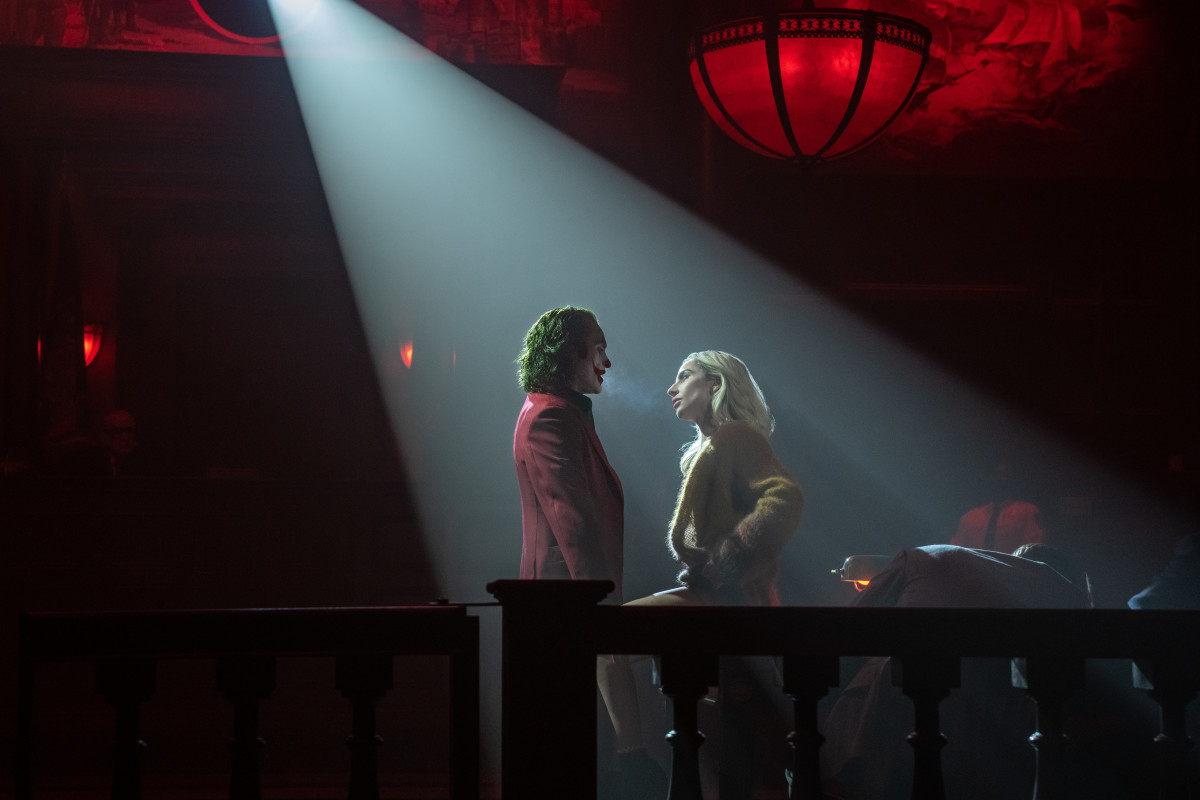
What is impressive, however, is that the insults don't stop there because you could create a bingo card for the number of people and themes this film insults through its attempt at trying to do the very opposite. Women, people who are incarcerated, mental health, you name it, Joker's insulted it.
Joker: Folie à Deux wants to critique a system that rightfully deserves to be gutted and inspected for its obsession with sensationalism but instead becomes the very thing it wants to reject.
When you hold so much disdain for everything and everyone, there is nothing and no one left to root for, leaving nothing but a deeply unpleasant two hours and twenty minutes that has you desperately wanting to escape the theater.
You could spend all day throwing darts at the film, and it wouldn't cover every insult, every misstep, every boring decision made by Phillips, and therefore harping on would only be an extension of the wasted time spent in the film's presence.
Ultimately, Joker: Folie à Deux demands more thought than it deserves, and it will likely find its audience at the church of people who worship movies that masquerade as deep, thoughtful pieces of work. However, anyone who digs beneath the surface will find nothing but an empty hole of despair, and that is not why we go to the movies.
More must-reads:
- The 20 most devastating deaths in movie history
- The 20 greatest film endings in movie history
- Steven Spielberg's 20 greatest movies, ranked
- 25 famous film characters who are truly insufferable
- 20 Disney easter eggs you probably never noticed before
Breaking News
Trending in Entertainment
Customize Your Newsletter
 +
+
Get the latest news and rumors, customized to your favorite sports and teams. Emailed daily. Always free!



